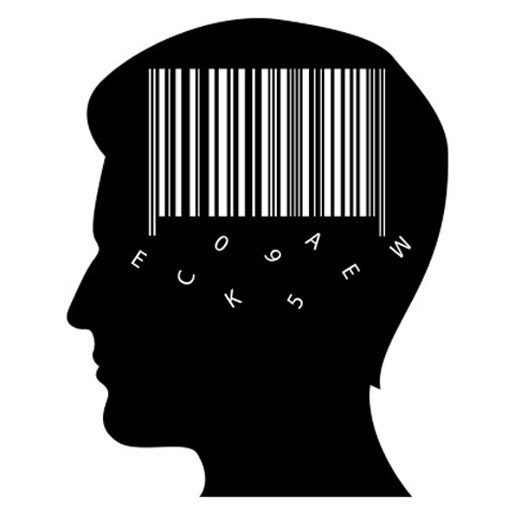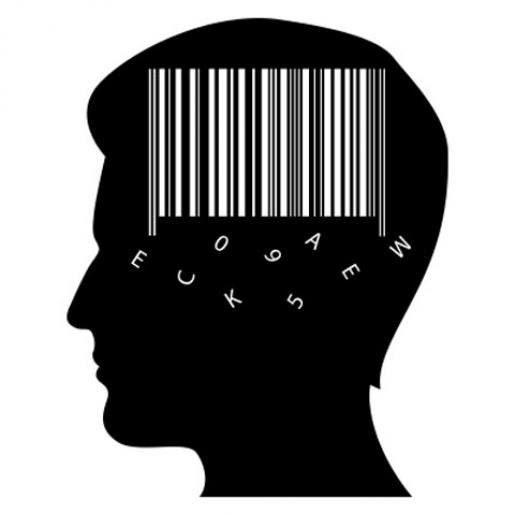Pew outlines ways to improve the accessibility of the AccessGUDID system.
October 23, 2015

Marie Thibault

Tomorrow, October 24, 2015 is the date makers of implantable, life sustaining or supporting devices must start linking device information, including the unique device identifier, to the AccessGUDID (Global Unique Device Identification Database). AccessGUDID, born out of a collaboration between FDA and the National Library of Medicine (NLM), is intended to make identifying information about devices accessible to industry, patients, healthcare providers, and hospitals.
On the eve of this important date, The Pew Charitable Trusts has some recommendations on ways to make the AccessGUDID database better. In an October 23 letter to CDRH director Jeffrey Shuren and NLM acting director Betsy Humphreys, director of Healthcare Programs at The Pew Charitable Trusts, Josh Rising, MD, details improved access the group would like to see.
Specifically, Rising writes that the database should:
"Allow healthcare professionals to look up the device identifier of all products involved in a recall so they may contact their patients to schedule follow-up care;
"Enable hospitals to electronically link with AccessGUDID and extract information into their inventory and electronic health record (EHR) systems; and
"Facilitate patients’ use of the database to look up recall information, learn about the indications for use of a device and obtain information on device performance."
In order to implement these improvement, Pew notes that these changes are neccessary:
AccessGUDID should be linked to other FDA databases, such as recall, adverse event, 510(k), de novo, PMA, post-approval study, and 522 postmarket surveillance databases. According to the letter, "While AccessGUDID contains important information on medical devices, it is not linked to other existing FDA databases that already contain key data about products, such as whether they are recalled or the devices' approved labeling and indications. As a result, people seeking information about a device may have to go to many different databases that they may not even know about."
AccessGUDID should be searchable by premarket notification number to make the database more useful "when a device has different identifiers because it may have multiple components, come in varying sizes or be sold under several brand names," Rising writes.
AccessGUDID should allow information to be automatically extractable by other stakeholders, such as supply chain and claims processing systems, as well as health plans. The new application programming interfaces (APIs) announced this week will help electronic health record (EHR) developers meet recent Office of the National Coordinator for Health Information Technology (ONC) rules requiring that AccessGUDID information be extractable for the patient's EHR. Pew believes making this information extractable by more stakeholders beyond EHRs is important.
Rising concludes his comments by writing, "These changes can enhance AccessGUDID’s ability to inform clinical decisions, educate patients on the products they use and facilitate comprehensive research on device quality."
Want to catch up on the latest in medical device innovation? Register for the MD&M Minneapolis conference, November 4–5, 2015. |
Marie Thibault is the associate editor at MD+DI. Reach her at [email protected] and on Twitter @medtechmarie.
[Image courtesy of DIGITALART/FREEDIGITALPHOTOS.NET]
About the Author(s)
You May Also Like


